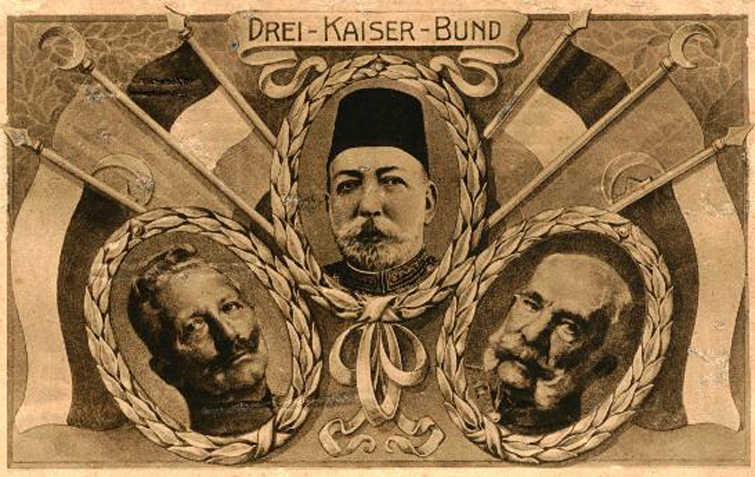
The Ottomans secured an alliance with Germany on 2 August 1914 with the aid of Enver Pasha and Austria-Hungary adhered to this alliance.
The modern state and democratic institutions is the result of hundreds of years of development, often growing out of past conflict. While this path to producing modern functioning states is not perfect, unable to defend its citizens against injustice and brutality at times, it is a process that reflects the flaws of humanity.
Nationhood has arisen from this history. And whether that nation is a full legal entity with a seat in the United Nations, or simply a collection of groups that share a language and tradition, to deny or underestimate the existence of the identity of a people is to reduce the beliefs that have rooted them in humanity.
The death of empires is a lesson on how underestimating national identities can lead to unintended political change.
The end of the Austro-Hungarian Empire gave birth to many nation states now slowing joining the EU. Those same states are now in conflict with the EU over a reassertion of their national identity through policy challenges.
Statements promoting a dilution of identity for a greater good are was tore the Austro-Hungarian Empire apart. As national identities took over from the Imperial project, different cultures created institutions and geographic borders that could be administered and defended. While the Empire did not remove those borders, they put into question the role of cultural identities that would serve the Emperor.
When a declining empire faces a challenge, minority groups tend to suffer the most. This was the case of communities and families living at the end of the Ottoman Empire, often entirely removed or in some cases murdered. The effects of the collapse of the Ottoman Empire still resonates today in Armenian and Kurdish communities, and also contributing to the targeting of Yazidis and Christians in the Middle East in 2017.
The recent election in France and follow up actions by the EU require a re-reading of the identity crisis of the Austro-Hungarians as well as the Ottomans. Especially now considering that recent trends in Europe are intimately linked to both of those regions and their history.
Culture and identity may be able to be questioned during an election campaign, but has a nasty way of creeping back up when individuals feel that their culture and that of their family are being ill considered. Often it is those who lack an understanding of history, strong roots or a sense of self that challenge the ideas that created peaceful communities in many countries.
Those who have shared values often do not value the same roots, but value the ideas of having such roots. In politics in Europe, this idea should be reconsidered in an effort to reduce unintended political change.